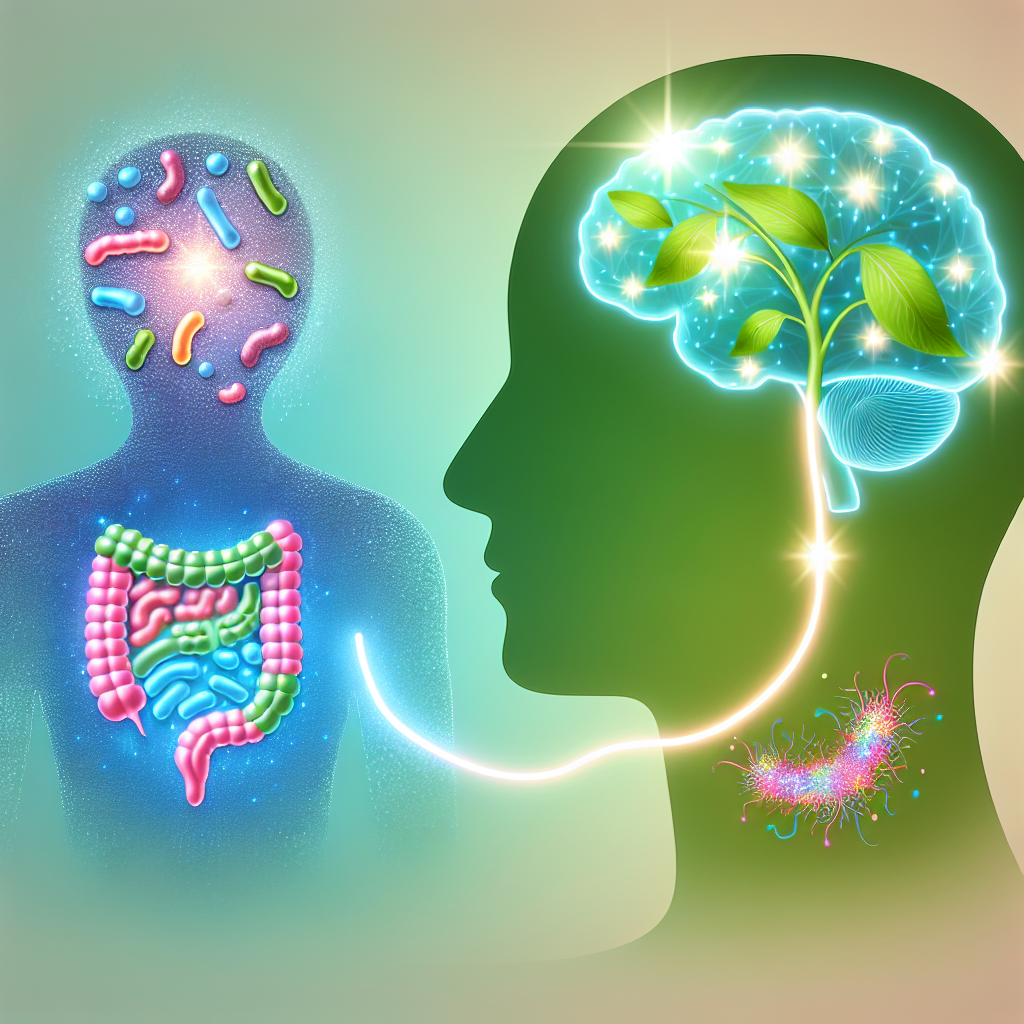### Exploring the Gut-Brain Connection: The Impact of Probiotics on Mental Health
More than ever, science is opening up to the possibility that your digestive system plays a much larger role in your total body health than previously thought. Among the most fascinating areas of research in this regard is the intriguing connection between your gut health and mental state.
Researchers propose that an imbalance in your gut microbiota, the diverse community of microorganisms inhabiting your digestive tract, might negatively influence your mood and contribute to mental health conditions like depression and anxiety. On the brighter side, the understanding of this link paves the way to a promising strategy for promoting mental well-being through dietary interventions targeting gut health. This leads us to the spotlighted topic of this article, Probiotics – touted as a natural tool for enhancing gut health and, thereby, mental well-being.
## Probiotics and the Microbiota-Gut-Brain Axis
Probiotics are live bacteria and yeasts that when consumed in adequate amounts can have a beneficial effect on your health, primarily by maintaining or restoring the balance in your gut microbiota. Foods like yogurt, kefir, sauerkraut, and tempeh are rich sources of probiotics while they’re also available as dietary supplements.
It’s interesting how gut health may affect the brain. The crosstalk between the gut and the brain, referred to as the Microbiota-Gut-Brain (MGB) Axis, is a complex bidirectional communication network involving the immune system, the enteric nervous system (the gut ‘brain’), the central nervous system, and the microbiota residing in the gut. Any disturbance in this network, as might be caused by an imbalance in the gut microbiota, can potentially result in mental health issues.
Probiotics can modulate the MGB Axis through various mechanisms, including enhancement of the gut barrier function, modulation of the immune response, and the production of substances that can influence brain function. Thus, by promoting beneficial microbiota and countering harmful ones, probiotics might help maintain a healthy MGB Axis, supporting a better mental state.
## Empirical Evidence on the Probiotic-Mental Health Connection
Over the last few years, several human studies have investigated and provided evidence for the potential mental health benefits of probiotics. Notably, a 2019 review, including 34 randomized controlled trials (RCTs), suggested that probiotics could significantly improve symptoms in patients with depression.
Another systematic review and meta-analysis of RCTs in 2020 reported that probiotic supplementation resulted in a significant reduction in anxiety compared to placebo. These studies imply that probiotics might serve as an adjuvant or standalone therapy for depression and anxiety.
Furthermore, a growing body of research suggests potential benefits of probiotics on other cognitive functions, like memory and attention, though more studies are needed to validate the effects.
## Wrapping Up
While the preliminary results are encouraging, more high-quality research is needed to solidify the envisioned potential of probiotics in mental health. It is also essential to remember that not all probiotics are the same, with different strains likely having varied effects. Therefore, any probiotic regimen should be tailored based on individual needs, and always under the guidance of a healthcare professional.
To conclude, probiotics represent an exciting frontier of research in mental health, offering hope for natural, effective, and safe strategies to improve mental well-being, alongside traditional therapies. However, while we navigate the complexity of the MGB Axis, it’s a pertinent reminder that a balanced diet, rich in diverse fiber sources – the prime food for your gut microbes, should be the cornerstone of gut health and overall well-being.
As the saying goes, “You are what you eat” – and it appears so is your mental health. Having an open dialogue with your healthcare provider about probiotics may be beneficial, so don’t hesitate to seek their advice – it might just be the key to unlocking better mental health through the gut-brain door!


